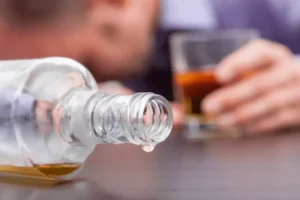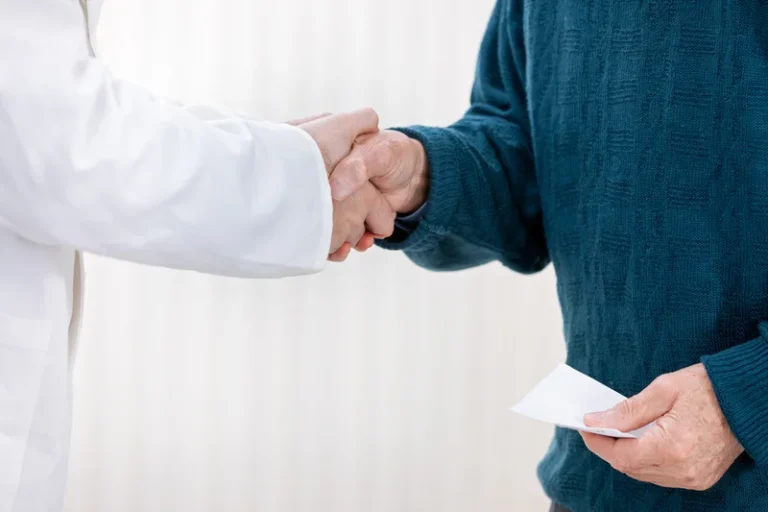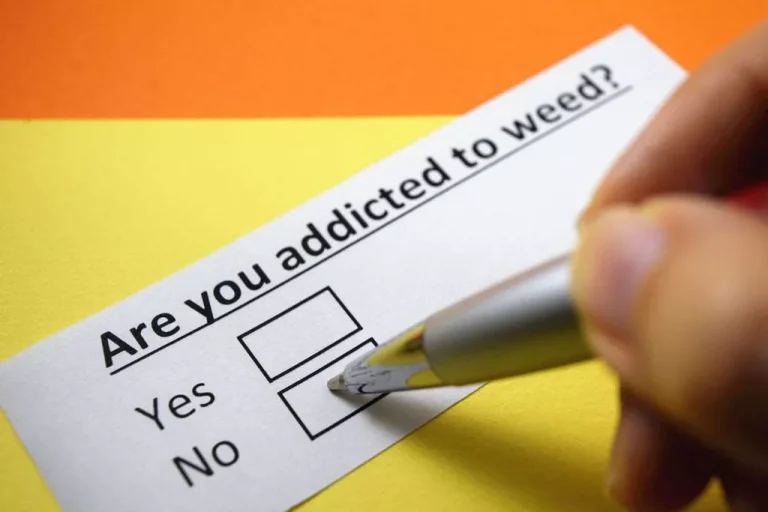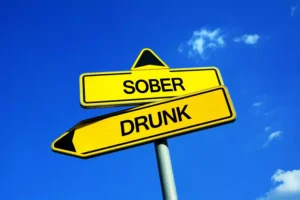
Becoming angry when intoxicated can lead to domestic violence incidents. In a WHO assessment on domestic violence and alcohol, 55% of surveyed Americans stated they thought their partner was intoxicated during a physical assault. In most cases, women are at a higher risk of experiencing alcohol-related domestic violence from male partners. Many people alcoholic rage syndrome who have an alternate personality when they drink look back on it clarity when they sober up. Sometimes the shame of facing the things they did while intoxicated causes them to start drinking again, proliferating a vicious circle of substance use and abuse. However, some people are more likely than others to be angry when drinking alcohol.

What Causes Alcohol-Related Anger and Aggression?

Does a support group seem like it might be out of your comfort zone? Attending one-on-one therapy with a licensed therapist can help you work through anger issues in a more private setting. Scheduling an appointment with a professional who specializes in anger management may be more beneficial than participating in group therapy if you have social anxiety. It’s sometimes easier for angry people to become aggressive when they’re inebriated. A slight annoyance may turn into an infuriating problem, thanks to alcohol.
Social and Cultural Factors Allow for More Aggression after
Consuming alcohol can serve as a distraction from a range of negative feelings, including anger. And all too often, as in Ryan’s case, it reflects displacement, directing anger toward a target that is not the source of an individual’s original anger. Under the influence of alcohol, those already predisposed toward anger may vent or, more seriously, direct their anger toward a target that might be experienced as less threatening than the original target. According to a review from 2017, alcohol is more likely to cause personality shifts related to negative emotions, but that doesn’t mean anger is the most common emotional experience while drinking. Among the many studied physiological and behavioral effects of alcohol is disinhibition, or reduced control over impulses or urges after intoxication. Disinhibition can make you unable to suppress or change an act of aggression that is not appropriate for the situation you’re in.
Follow the UK low risk drinking guidelines

But there is no evidence that these congeners produce specific mood or behavioural effects while you are drinking. They also explain that our emotional state after a stiff drink may be significantly influenced by the context of consumption, how the drink is advertised, and how much alcohol it contains. In their study, Prof. Bellis and team used anonymized data from the Global Drug Survey, which is the largest online survey addressing alcohol consumption and illicit drug use among adults worldwide. In addition, men are more likely than women to become angry or aggressive when they’ve had a drink.
When you live with or care for someone who becomes abusive when they’re intoxicated, the consequences may well be more than just hurt feelings. One study published in a journal called Cognitive, Affective, & Behavioral Neuroscience sought to explore factors that make some people more aggressive when they drink. Ultimately, nobody knows what comes first—anger or alcohol use disorder (AUD). However, some studies have been done to better understand who is more at risk. Instead of being a natural emotion, someone with an alcohol use disorder (AUD) will express anger to avoid dealing with unpleasant or adverse circumstances, including the addiction.

Why Does Drinking Release the Rage? Understand Alcohol-Related Anger and Aggression
Lastly, mindfulness techniques such as meditation or yoga could help manage stress levels which often trigger aggressive drinking episodes. These practices promote relaxation and self-awareness, potentially reducing the urge to engage in harmful behaviors while under the influence of alcohol. You’ll find that an angry drunk often becomes confrontational and argumentative. They’re more likely to make aggressive gestures or comments, sometimes even leading to physical fights. On the other hand, a happy drunk typically radiates positivity; they are often seen laughing excessively, engaging in friendly conversation, or dancing without inhibition.
How Anger and Alcohol Contribute to Domestic Violence
- Interestingly, excessive alcohol consumption was also tied with an energy boost; respondents who tended to drink a lot were five times more likely than casual drinkers to say that they felt invigorated by alcohol.
- In his case, he was already predisposed to anger arousal before he had his first drink.
- After much consideration, he eventually joined an alcohol treatment program as I helped him grieve his wounds and manage his anger.
- Similarly, in nearly 40% of violent incidents, surveyed individuals from the United Kingdom said they believed their perpetrator was under the influence of alcohol.
- Scientists have studied specific alcohol-related beliefs called “expectancies”.
- Red wine and beer were reported to be the most relaxing drinks, with 52.8 percent of respondents saying that the former boosted relaxation, and almost 50 percent indicating that beer helped them to wind down.
- Additionally, this information should also be taught in schools to expand their understanding and hopefully reduce the prevalence of alcohol-related aggression.
- This is heightened when consuming alcohol, according to a 2012 study.
- Researchers surveyed 175 young adults who mixed alcohol with caffeinated energy drinks about their verbal and physical aggression in bar conflicts.
- Early recognition empowers individuals to seek help, whether it’s contacting professionals, removing oneself from a potentially dangerous environment, or engaging in de-escalation techniques.
